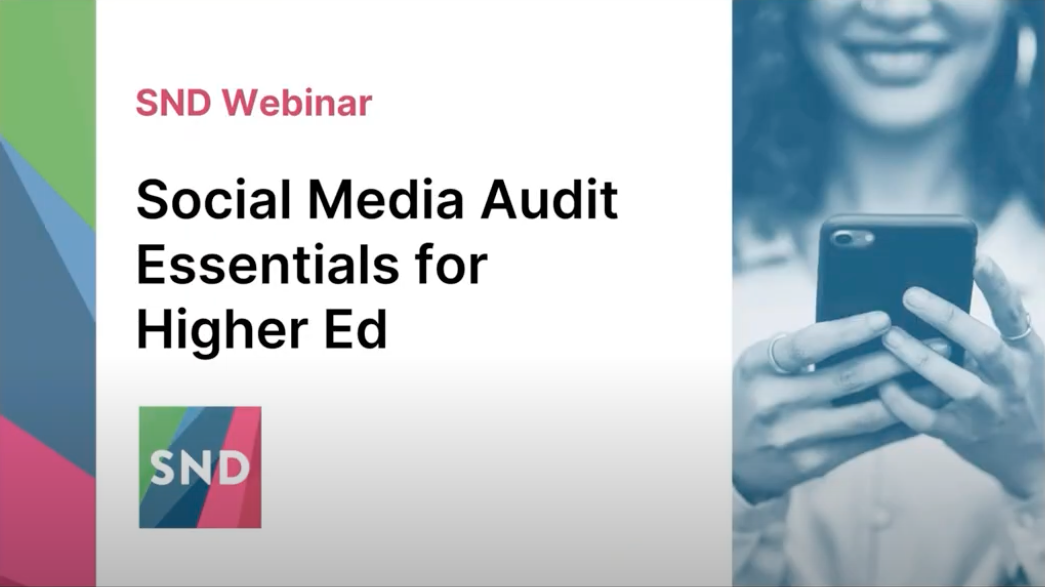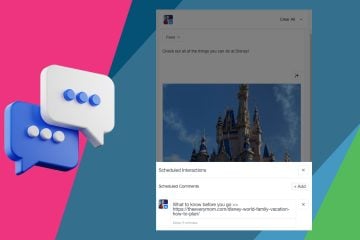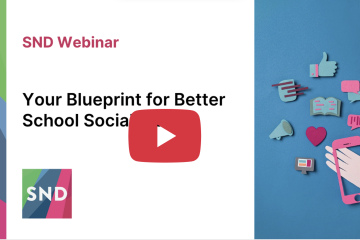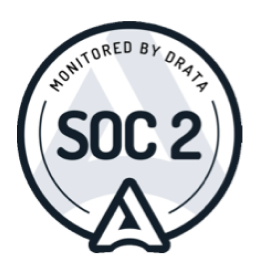Gain invaluable insights into your school’s online engagement by conducting your own social media audit.
Learn about:
• Defining key metrics and goals
• Auditing your social media presence
• Staying on top of performance
• Monitoring networks
• Sharing findings
This webinar is hosted by social media expert Sarah Loyd from SND.
Be sure to check out our Social Media Auditing Template for Higher Education as well.
Don’t miss this opportunity to gain the knowledge and skills you need to conduct a successful social media audit and drive meaningful results for your university.
Want to learn more about SND and how it can help your school or university? Get in touch: info@socialnewsdesk.com.
More learnings from the webinar
Webinar: Social Media Audit Essentials for Higher Ed
When it comes to higher education, social media is much more than just a place to exchange memes and likes. These powerful platforms help staff, faculty, donors and students communicate, cooperate, and collaborate to great effect.
Our recent webinar, “Social Media Audit Essentials for Higher Education,” covered key strategies for improving your institution’s online presence. This post highlights the main points and provides practical tips for enhancing your social media efforts and effectively engaging your academic community.
What Is a Social Media Audit?

An audit is a detailed review of your institution’s social media accounts to assess performance. This means analyzing metrics, content, and audience engagement across all platforms. This process helps you identify what’s working, what’s not, and how to improve.
Why Is It Important to Perform a Social Media Audit?
A social media audit helps you understand what works for your audience, so your team can stop wasting time on content that doesn’t. By regularly reviewing your social media performance, you can focus on effective strategies and improve your results.
Define Key Metrics and Goals
What Are Your Organization’s Goals?
Like most things in life, measuring success without defining your objectives is highly inefficient. Some common examples of goals for higher education include:
- Brand Awareness: Increase the visibility and recognition of your institution.
- Engagement: Foster interactions with students, parents, alumni, and potential donors.
- Recruitment: Attract prospective students by showcasing campus life, academic programs, and success stories.
- Community Building: Create a sense of belonging and community among current students, alumni, and faculty.
- Fundraising: Use social platforms for campaigns and initiatives to raise funds.
- Crisis Communication: Provide timely updates and manage the institution’s reputation during crises.
If you want tips on great ways to engage students through every step of their university journey, then check out our post: Social media for every stage of university life.
Where Does Your Audience Encounter Your Content?
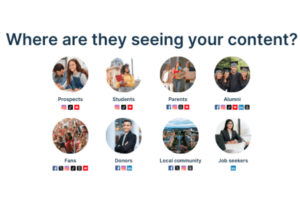
Understanding where your audience finds your content is very important when it comes to communicating through social media. Your audience includes prospects, students, parents, alumni, fans, donors, the local community, and job seekers. Knowing which platforms they use helps you target your messages effectively.
For example, prospective students might use Instagram and TikTok, while parents and donors might prefer Facebook and YouTube. Identifying where each group interacts with your content lets you optimize your strategy and ensure your message reaches the right people.
How to Audit Your Social Media Presence
1. Inventory All Social Media Accounts for Your Brand
Start by listing all your social media accounts, including URLs and follower counts. Make sure each account has a secure, regularly updated password.
Review who has access to these accounts, ensuring only necessary personnel are admins or have passwords. Finally, check that the profile pictures, bios, and other branding elements are consistent across all accounts. You want your social media accounts to appear consistent.
Social News Desk is a reliable solution for managing social media. Our software consolidates all your channels, allows quick updates, assigns access without sharing passwords, and provides comprehensive metrics across all accounts.
2. Collect Your Metrics
To audit your social media effectively, you will want to gather metrics across all accounts. Sort your data by key performance indicators (KPIs) and then track changes over time to understand growth or decline in key areas.
Here are some of the key KPIs you should be measuring:
- Followers: Track overall audience growth across platforms.
- Post volume: Compare the quantity of content over time.
- Impressions: Identify which content is seen by the most people.
- Clicks: Determine which content drives the most traffic to your website.
- Video views: See which videos attract the most interest.
- Engagement: Measure interest based on reactions, comments, and shares.
By getting a good understanding of this data, you will be better able to understand what’s working and what’s not. You can then easily identify areas to target for improvement. Sounds pretty simple, right? Well, it certainly is when you use Social News Desk’s consolidated reporting feature. This feature turns data into actionable insights.
3. Analyze Content Mix
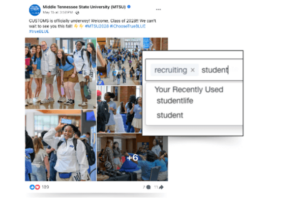
Assess your content mix to ensure a balanced approach. Use metatags when publishing to make it easier to generate reports on your content ratios later. Some people recommend aiming for an 80/20 split, where 20% of your content is promotional and 80% educates, informs, or entertains your audience.
4. Conduct Competitor Analysis
Compare your social media content to that of similar institutions. Identify key competitors and analyze their content types, engagement metrics, posting frequency, and audience growth. This helps you find areas for improvement in your strategy.
5. Pay Attention to User Feedback
Monitor user engagement and feedback on your social media platforms. Pay attention to comments, likes, shares, and other interactions to identify key themes. This feedback provides insights into what your audience values and finds interesting.
6. Plan Ahead with Ongoing Reporting

Regular reporting helps you evaluate your content, adjust your focus on different platforms, and improve your engagement tactics.
The world of social media moves quickly, so you will want to keep on top of content trends and monitor other social accounts with tools like our Listen & Engage tool. These tools help you track mentions, keywords, and hashtags related to your institution, giving you real-time insights into current conversations and trends.
As well as your content, you are going to want to monitor emerging social media platforms like Threads to see where your audience is and where they might be heading. Staying updated on new platforms ensures you reach your audience where they are active.
Finally, track your social media efforts’ return on investment (ROI) by showing tangible outcomes, such as campaign enrollment boosts or increases in alumni donations.
Ensure Audit Success With Social News Desk
So there you have it—if your social media platforms aren’t performing as you would like, then it’s time to perform your very own audit. This audit and the general management of your social media platforms are so much easier when you adopt a social media management tool like Social News Desk.
The SND platform offers page-level analysis, competitive insights, and real-time analytics with Social News Desk Reports, which means you can publish, monitor, and engage meaningfully on all your social platforms.
Download our free Social Media Audit Template and take the first step towards mastery of social media.
Ready to improve your social media strategy? Request a demo today to see how Social News Desk can help you reach your goals.
